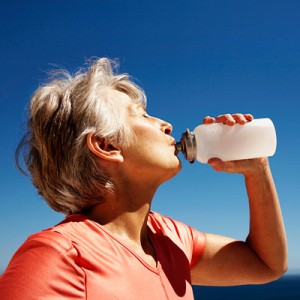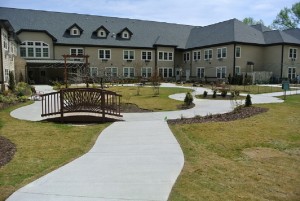Final Stages of Nutrition Therapy Development for Dementia Residents
What is Nutrition Therapy and who can benefit from it?
Eating and enjoying a meal is part of our everyday life and important to everybody, not least to people living with dementia. A healthy diet and nutrition is fundamental to well being at any stage of life and to helping to combat other life-threatening diseases. We believe it plays as important a role in relation to dementia progression, and a resident’s quality of life. Under-nutrition is common among older people generally, particularly common among people with dementia. Under nutrition tends to be progressive, with weight loss often preceding the onset of dementia and then increasing in pace as the disease progresses. The mechanisms underlying weight loss and under nutrition in dementia are complex, multi factorial, and unique to each person. Common reasons include reduced appetite, increased activity, the need for a modified diet and, decreased nutrient absorption. For some forms of dementia, it may be that central regulation of appetite and metabolism is disturbed as an inherent feature of the disease. Although we can’t avoid these symptoms which lead to malnutrition and under nutrition, we can manage them with a variety of Nutrition Therapy Options. Orchard at Tucker’s Nutrition Therapy Program is designed to help combat under nutrition and bring back the joy of eating to those who have lost it.
We are in the Final Testing Stages..
After many months of work with our team and partnering dieticians, Orchard Senior Living is in the Final Testing Stage of our 4 Part Nutrition Therapy Program. Today’s enriched smoothies were a huge hit. These enriched smoothies are designed to help those in the moderate to severe stage of dementia, who have lost significant weight in the last 6 months, and for whom all other care and environmental modifications have failed. Each 4 oz pretty glass delivered 240 calories, 9 grams of Organic Protein, and so much more. Most importantly each glass looked and tasted amazing!
Orchard at Tucker’s Nutrition Therapy Program Coming in  2018..
2018..






 Mental and social activities are just as critical as physical activities when it comes to ageing. And hobbies are an excellent way for seniors to become more active and engaged, which can improve their overall happiness. Here are a few of the Orchard activities and hobbies available:
Mental and social activities are just as critical as physical activities when it comes to ageing. And hobbies are an excellent way for seniors to become more active and engaged, which can improve their overall happiness. Here are a few of the Orchard activities and hobbies available: Hot weather can be dangerous here in Georgia, and seniors are more inclined to its threat. Elderly heat stroke and heat exhaustion are real problems. There are several reasons for elderly heat vulnerability. A person’s ability to notice fluctuations in their body temperature decreases with age. Many seniors also have underlying health conditions that make them less able to adjust to heat or medication that can cause dehydration. Fortunately, only a few simple precautions are all that’s needed to keep safe.
Hot weather can be dangerous here in Georgia, and seniors are more inclined to its threat. Elderly heat stroke and heat exhaustion are real problems. There are several reasons for elderly heat vulnerability. A person’s ability to notice fluctuations in their body temperature decreases with age. Many seniors also have underlying health conditions that make them less able to adjust to heat or medication that can cause dehydration. Fortunately, only a few simple precautions are all that’s needed to keep safe.
